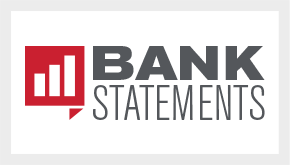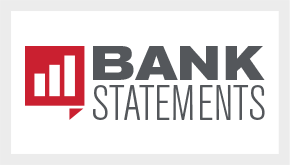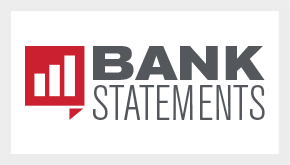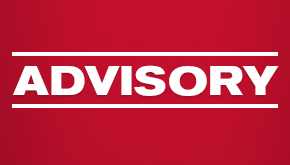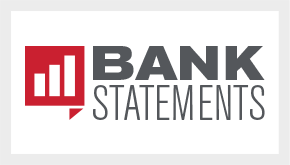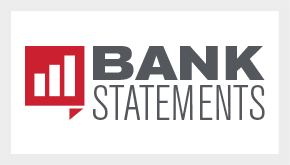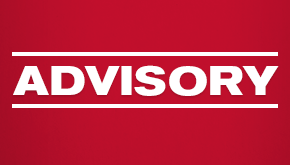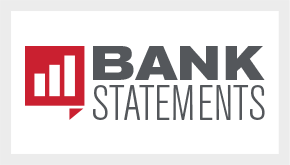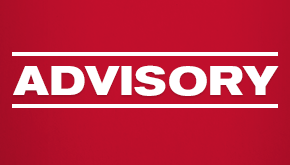SBA Clarifies Various Paycheck Protection Program Eligibility Issues in New Interim Final Rule
On April 24, 2020, the Small Business Administration (SBA) released a new Interim Final Rule regarding the Paycheck Protection Program (PPP) provisions of the Coronavirus Aid, Relief, and Economic Security (CARES) Act. The new Interim Final Rule arrived on the same day that the President signed into law a bill appropriating an additional $310 billion of funding for PPP loans.
The new Interim Final Rule provides clarification regarding eligibility of certain businesses for PPP loans:
- Hedge funds and private equity firms are not eligible for PPP loans because these businesses are engaged primarily in investment or speculation, and the SBA, in consultation with the Department of the Treasury (Treasury), has determined that Congress did not intend for these types of businesses to be eligible for PPP loans.
- Despite the private equity industry pushing for an exception from application of the SBA’s affiliation rules for portfolio companies, the new Interim Final Rule clarifies that the affiliation rules apply to private equity-owned businesses in the same manner as they apply to any other businesses. As such, portfolio companies under common ownership or control will need to count the employees of their affiliates (such as an owner and its other portfolio companies) when determining eligibility for PPP loans. As we have previously explained, a portfolio company should determine what size standard applies to its business rather than assuming it is subject to a 500-employee threshold for purposes of PPP eligibility. Furthermore, it should be noted that the affiliations rules are waived if a private equity-owned business’s borrower receives funding from an SBA-licensed Small Business Investment Company.
- In another blow to private equity portfolio companies, the new Interim Final Rule goes on to state that even if, after applying the affiliation rules, a portfolio company is otherwise eligible to apply for a PPP loan, a portfolio company should “carefully review” the required PPP borrower certification stating that “[c]urrent economic uncertainty makes this loan request necessary to support the ongoing operations of the Applicant.” Presumably, this reference is intended to suggest that private equity-backed companies should look to other financing alternatives before turning to the PPP.
- Due to the SBA’s restriction on government-owned entities from obtaining SBA loans, hospitals owned by a state or local government would be ineligible for a PPP loan. However, the new Interim Final Rule clarifies that these hospitals will not automatically be rendered ineligible for PPP due to state or local government ownership, provided that they receive less than 50% of their funding from state or local government sources, exclusive of Medicaid.
- In a previous Interim Final Rule released April 14, 2020, the SBA provided that a legal gaming business is not rendered ineligible for a PPP loan if (i) it derives no more than one-third of gross annual revenue from legal gaming activities, or (ii) its legal gaming revenue (net of payouts) did not exceed $1 million in 2019 and comprised less than 50% of the business’s total revenue in 2019. In the new Interim Final Rule, the SBA, in consultation with the Treasury, determined to remove the revenue limitations and instead provide that businesses receiving legal gaming revenue will not be deemed ineligible for PPP loans. The rule reiterates, however, that businesses receiving any illegal gaming revenue are still prohibited from participating in the PPP.
- The new Interim Final Rule clarifies that a business’s participation in an employee stock ownership plan (ESOP) does not result in an affiliation between the business and the ESOP for PPP eligibility purposes.
- The new Interim Final Rule provides further information regarding the effect of bankruptcy on a borrower’s PPP application. If the borrower or an owner thereof is a debtor in a bankruptcy proceeding at the time of the application or at any time before the loan is disbursed, the borrower is ineligible to receive a PPP loan. The borrower is obligated to notify its PPP lender if it becomes ineligible due to a bankruptcy proceeding being initiated between the date of the application and funding of the loan.
- Following up on a frequently asked question released by the SBA on April 23, 2020, which provided that PPP borrowers should carefully consider the necessity of the loan and clarified that in general a public company with access to capital markets would not be eligible for PPP, the Interim Final Rule provides a safe harbor for any PPP borrower to repay the loan in full by May 7, 2020. This guidance follows significant press criticism of some large, public companies and national restaurant chains that obtained PPP loans while many smaller businesses had not yet had their loans processed when the initial round of PPP funding ran out.
For additional information, please see our prior analysis of the SBA’s frequently asked questions regarding PPP eligibility and payroll costs, application of the SBA’s affiliation rules to the PPP, the SBA’s initial PPP Interim Final Rule, the Treasury’s initial guidance on the PPP, and the SBA lending program provisions of the CARES Act. Armstrong Teasdale attorneys are actively monitoring and providing updates regarding the impact of COVID-19, including the PPP and other provisions of the CARES Act. Should the Treasury or the SBA provide additional guidance, we will be sure to update you.


